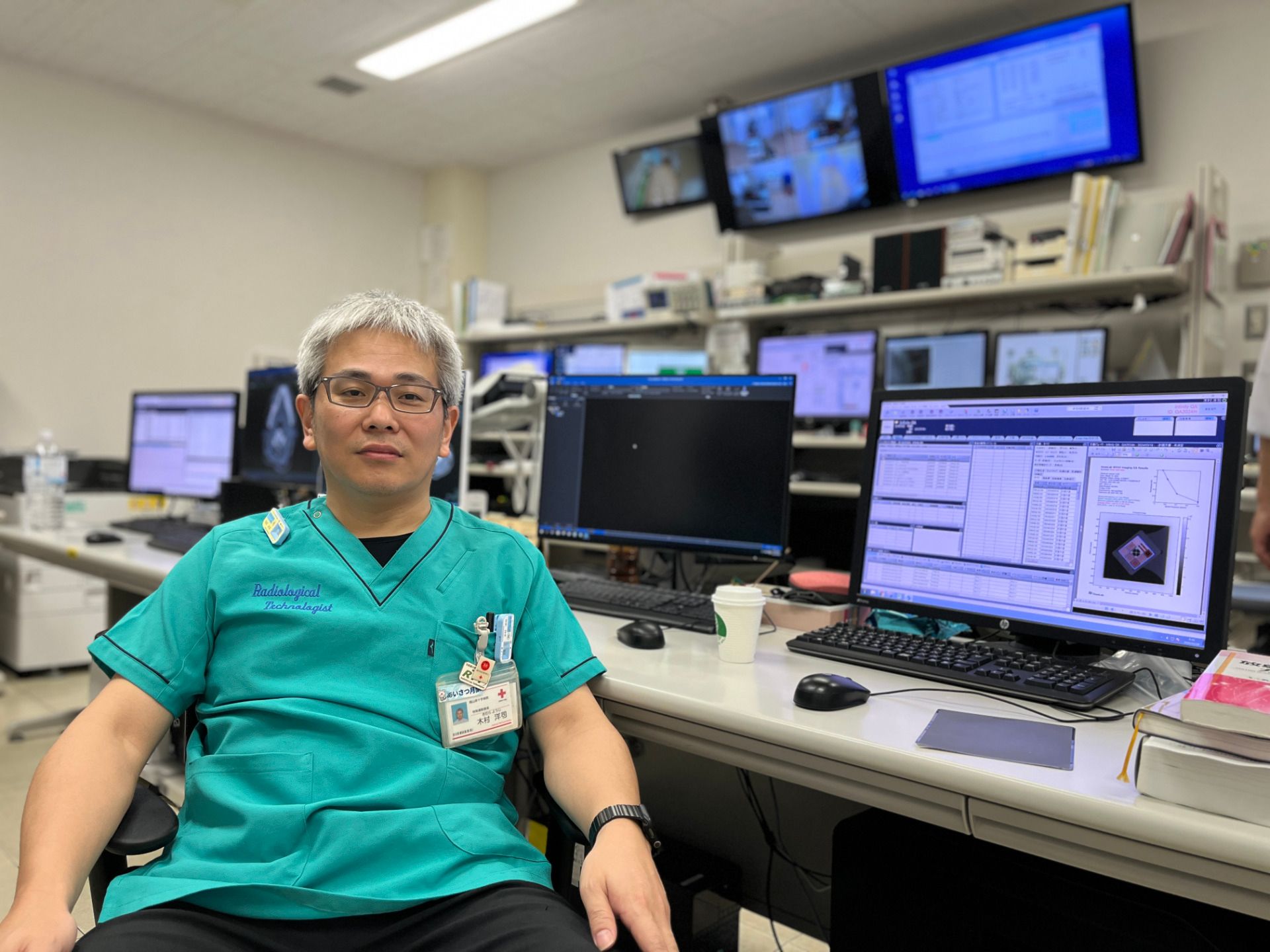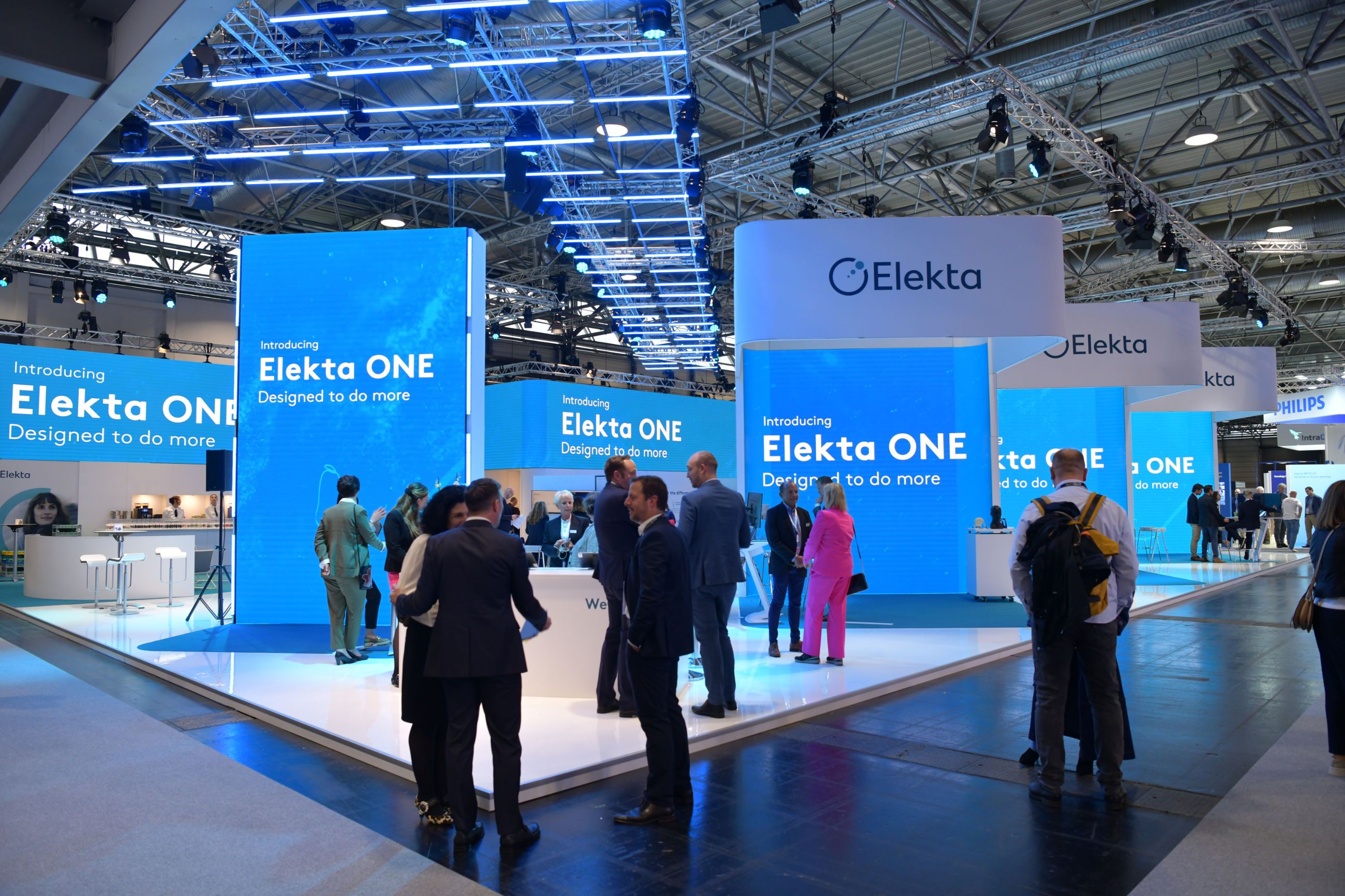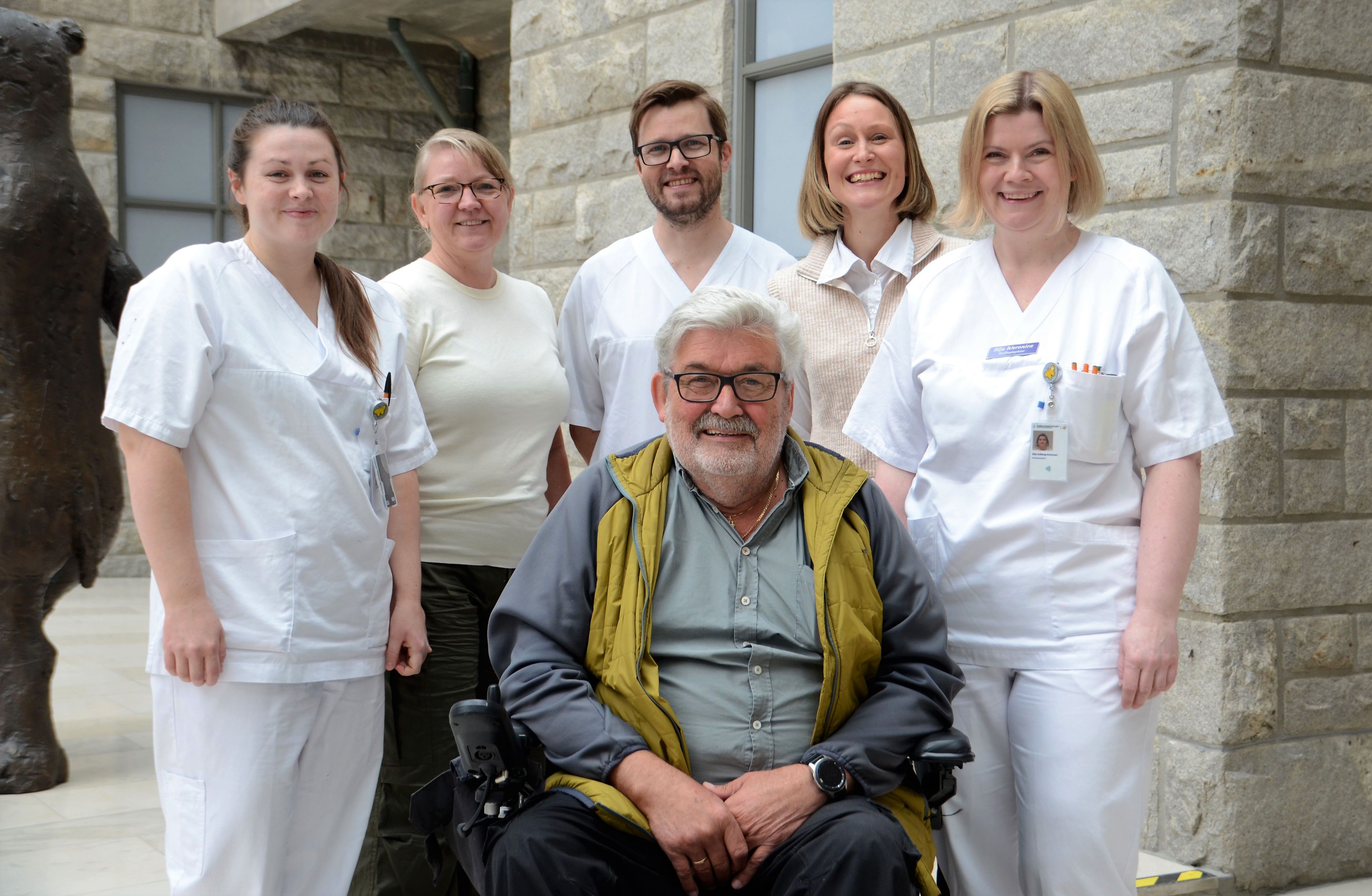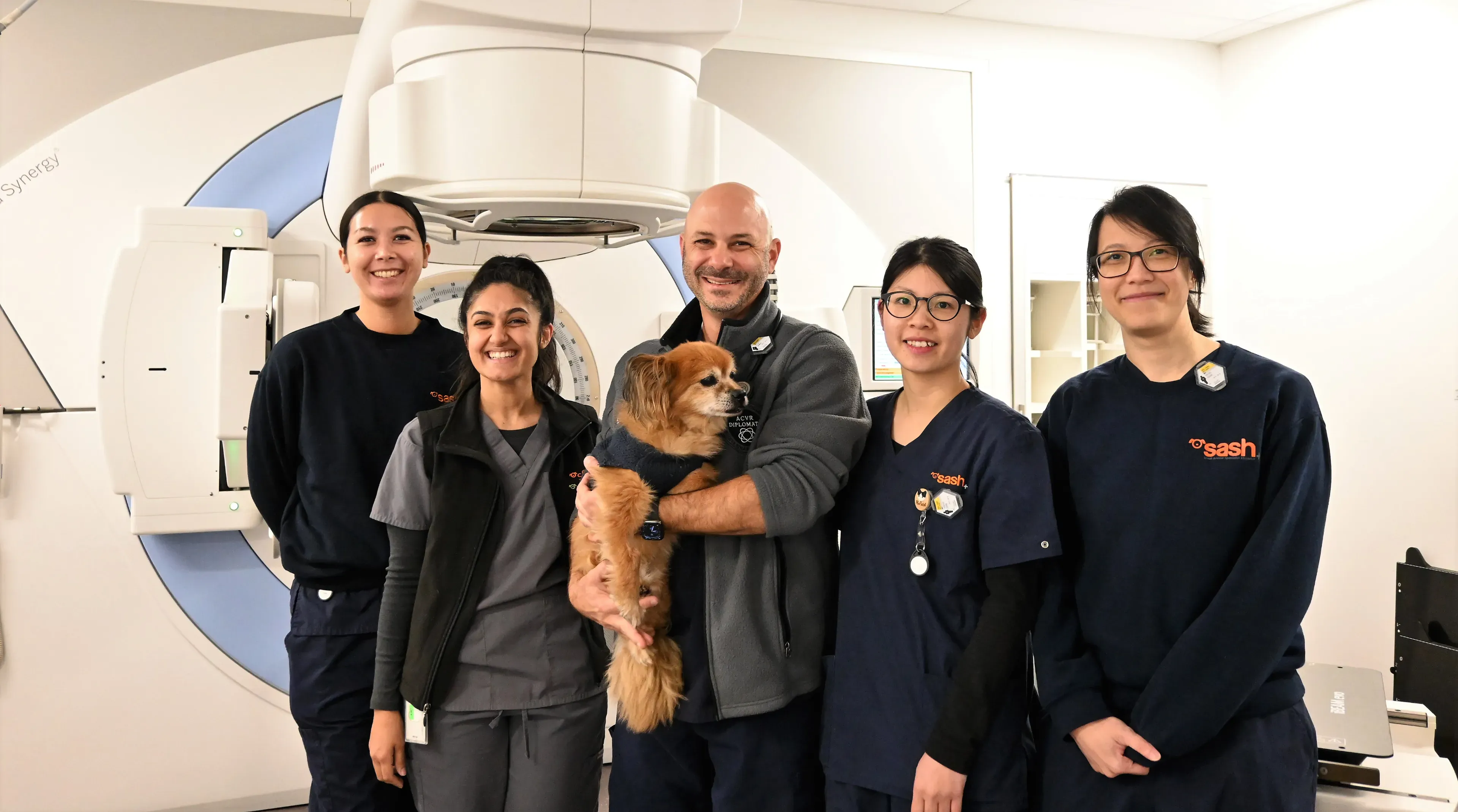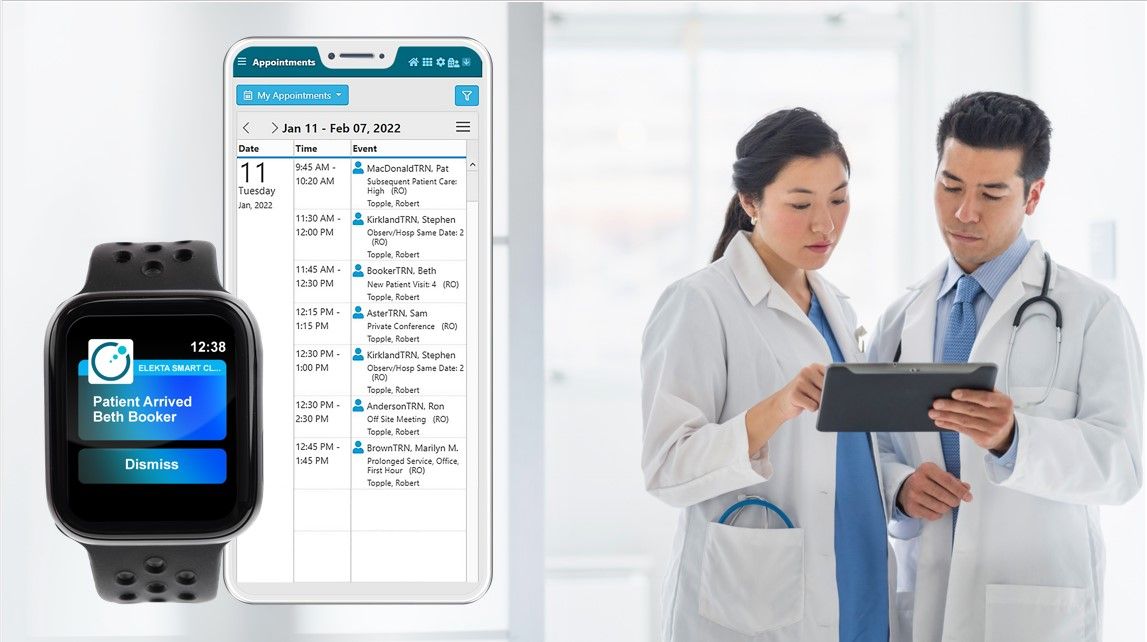Oncology Data Specialists honored for their contributions to the field
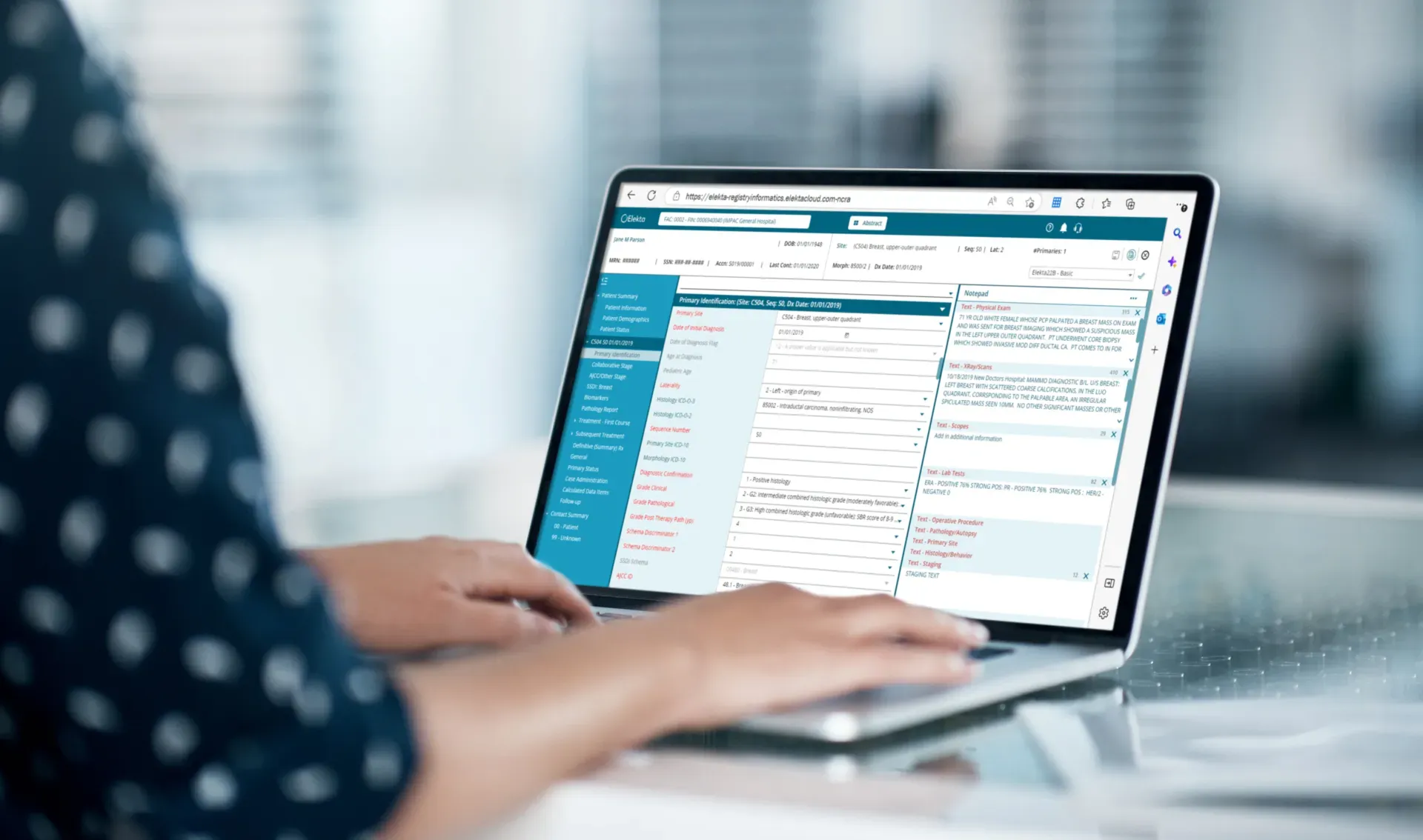
During the National Cancer Registrars Association’s (NCRA) 50th Annual Education Conference in Indianapolis, Indiana, Elekta presented the 2024 awards for Oncology Data Specialist* of the Year and Oncology Data Team of the Year. Nominated by their peers, these prestigious titles are awarded to individuals or teams who have made a significant contribution to the success of their hospital-based cancer registries and the profession.
Oncology Data Specialist of the Year recognized for leadership
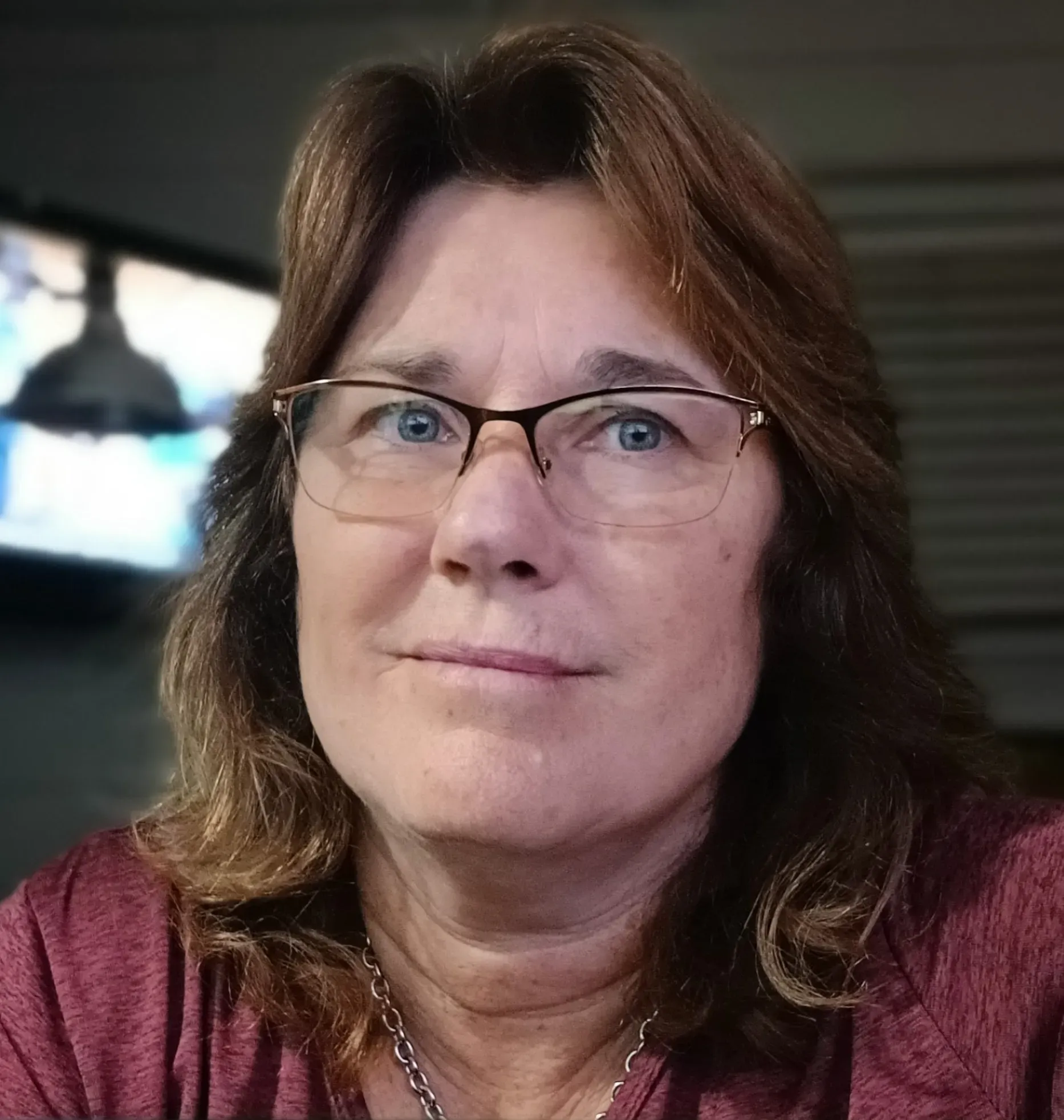
This year, the prize for Oncology Data Specialist of the Year was awarded to Shelley Brampton, Supervisor of the TriHealth Cancer & Blood Institute’s Cancer Registry.
Nominated for her tireless efforts to make sure the department runs smoothly and consistently; she leads a fantastic team that goes above and beyond to ensure their data is accurate and timely.
An inspiration to others, a member of her team described Shelley as “the most kind and understanding supervisor I have worked with. She is part of the reason why I want to be in cancer registry and have a lifelong career with TriHealth.”
“Hands down, it’s all about quality. The information that we abstract and report is very important to the future of patient care.”
When asked what makes the role of Oncology Data Specialist so important, Shelley said, “Hands down, it’s all about quality. The information that we abstract and report is very important to the future of patient care. TriHealth relies on the cancer registry data to determine how well their protocols are working and if any changes are required. They have created dashboards by specialty using our data, so it’s vital that this information is accurate. It's our way of contributing to clinical care.”
“Everything we do is in METRIQ. We rely on it a lot,” she continued. “In my role, I run a lot of reports from METRIQ and I particularly like the Query Wizard reports set up in the system. I can pull the reports I need easily and run them off consistently, whenever they’re required. I use this feature a lot. For example, I provide reports for our Cancer Liaison Physician’s (CLPs) so they can make sure our programs are meeting the standards set by the Commission on Cancer (CoC). Previously, the CLPs had to build these reports manually, so it’s great to help them in this way.”
“It’s a great feeling to know that what we are doing really does matter to patients.”
“Everyone in the team loves what we do,” Shelley commented. “We are fortunate to work for a great facility that is very supportive and uses our data to inform their programs. It’s a great feeling to know that what we are doing really does matter to patients.”
Oncology Data Team of the Year put patients first
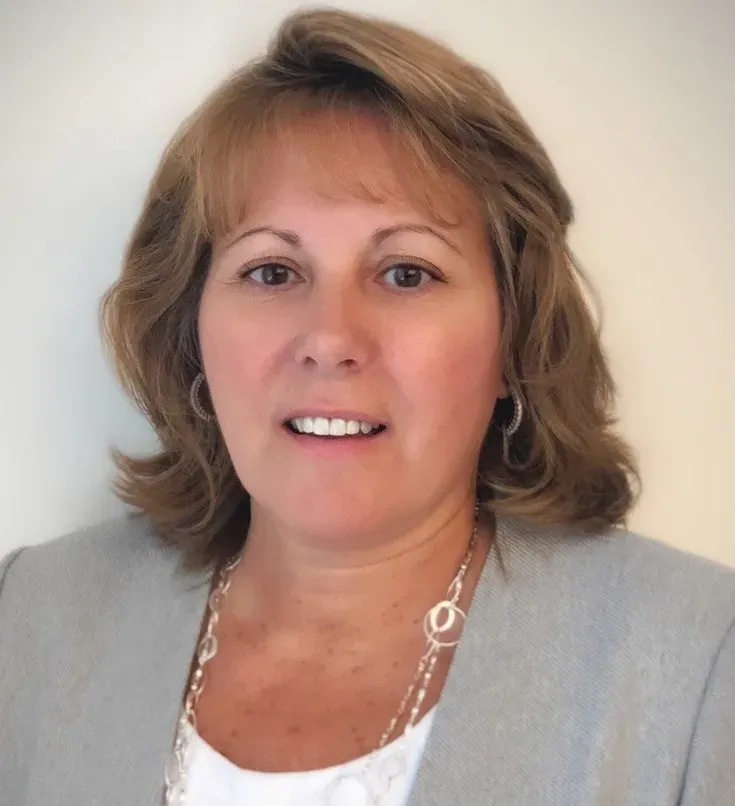
The recipient of the Oncology Data Team of the Year is the Hospital Corporation of America’s (HCA) Cancer Registry team. This enterprise-wide team consists of more than 60 Oncology Data and Accreditation Managers (ODAMs) and Cancer Conference Coordinators (CCCs) at the HCA Sarah Cannon Cancer Institute, led by Sarah Cannon Cancer Registry Director Cheryl Sheridan, and 150 oncology data specialists and support staff at HCA Parallon, led by Parallon Cancer Registry Directors, Amanda Lemons, Janet Reynolds and Bubblela Simmons.
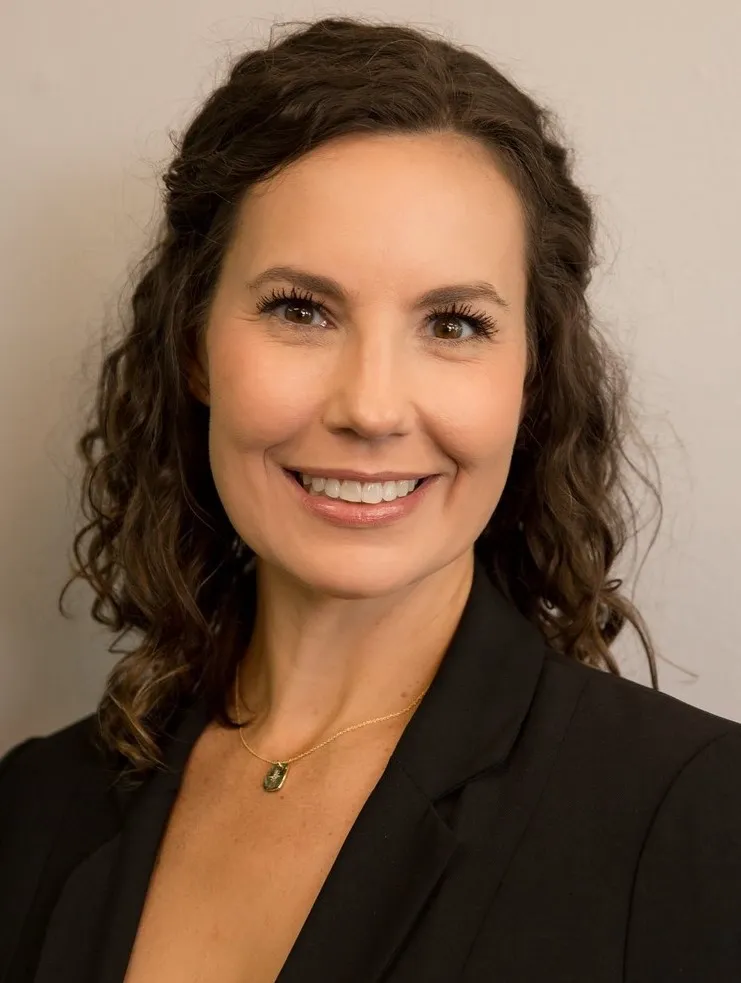
The HCA Parallon and HCA Sarah Cannon teams form a shared services model for the Cancer Registry at HCA Healthcare. The Parallon cancer registry team abstracts over 100,000 cases each year in a large, multi-facility database.
The data collected supports HCA operations in many areas, including white paper development, pathway adherence, quality reporting, program evaluation and growth, as well as helping to define research and clinical partnerships.
“The data we collect plays such an important part in patient care,” Amanda Lemons explained. “We provide reliable, transformative data to our end users that helps to mold and shape cancer care across the care continuum.”
“The Shared Services model that we have at HCA is very different,” she continued. “It takes authentic teamwork and collaboration to operate in this way. Both the Sarah Cannon and Parallon Cancer Registry teams strive diligently to complement each other and to support our facilities. To have this effort recognized by a national company like Elekta brings us great pride.”
“We provide reliable, transformative data to our end users that helps to mold and shape cancer care across the care continuum.”
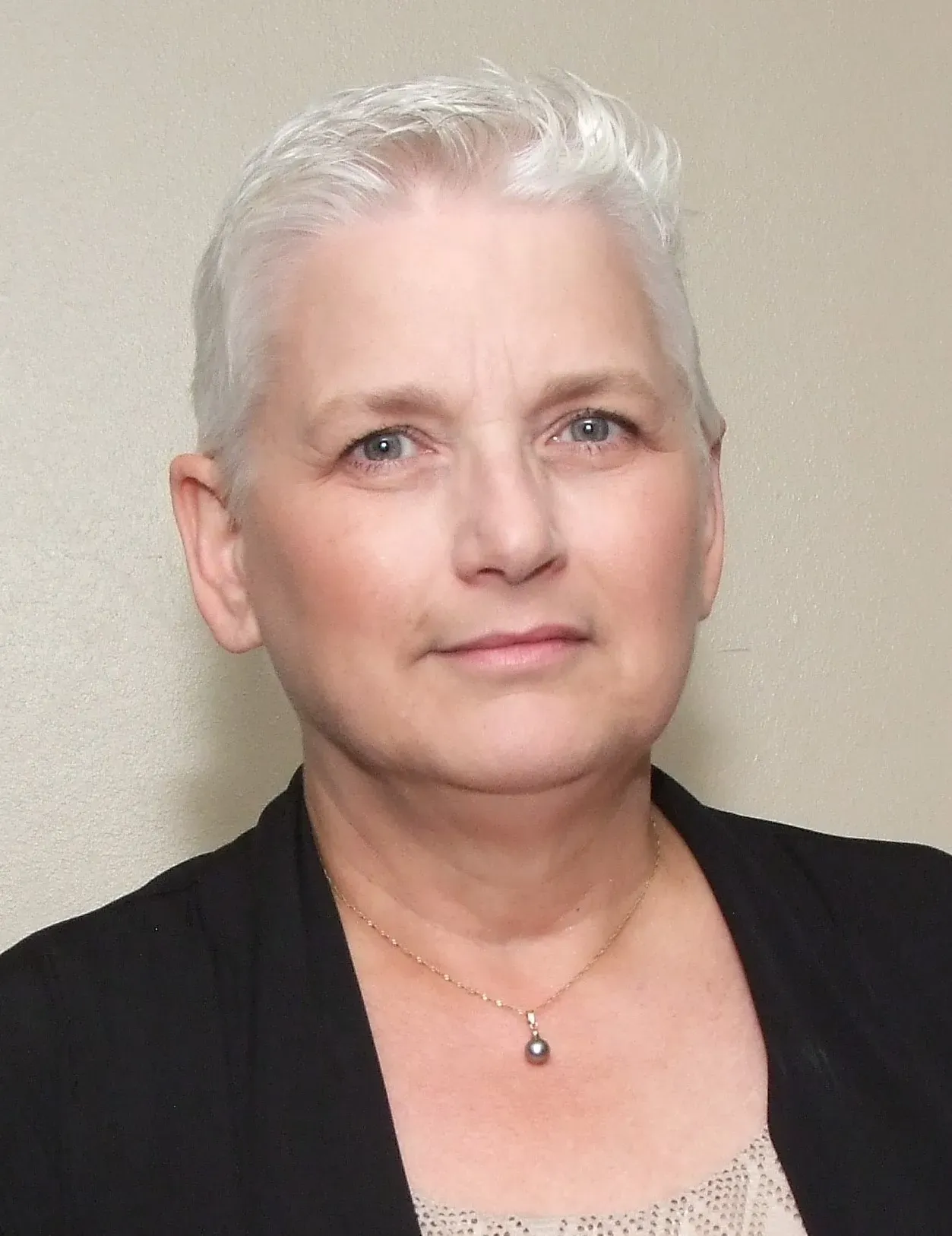
Using the quality Cancer Registry data generated by the Parallon team, the Sarah Cannon team works closely with facility administrations, physicians and oncology nurse navigators across the organization to ensure each facility provides the best possible patient care. They assess community needs and act upon those assessments, measure compliance with standards, identify potential improvements, and ultimately enhance cancer care quality.
When the pandemic started, the team quickly implemented remote cancer conferences and committee meetings to ensure patients still received the benefits of multidisciplinary reviews.
“Having a large, multi-facility database in METRIQ allows me to pull data easily for individual facilities.”
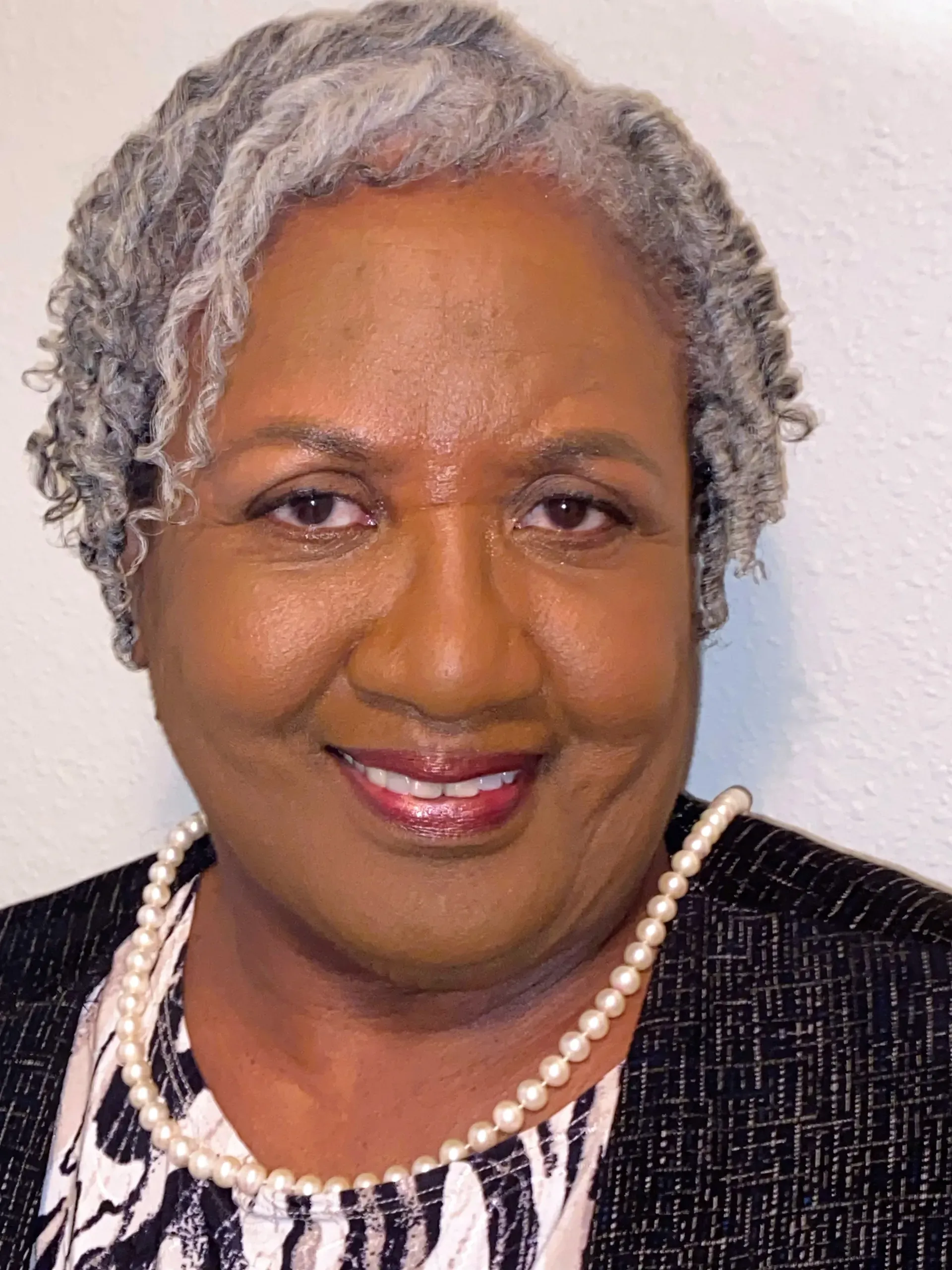
“The scope of the data we have is so valuable,” commented Cheryl Sheridan. “Having a large, multi-facility database in METRIQ allows me to pull data easily for individual facilities, which I use for leadership or physician requests. Being such a large organization, the ability to create custom fields is valuable and creates reports that are standardized, with the ability to customize by division, markets or facilities.”
“We have great support from the Elekta METRIQ support team, which is vital for a database of this size,” she added. “Their responsiveness is excellent.”
“We’re very excited to win this award,” Cheryl concluded. "It’s a true testament to the hard work of the entire team.”
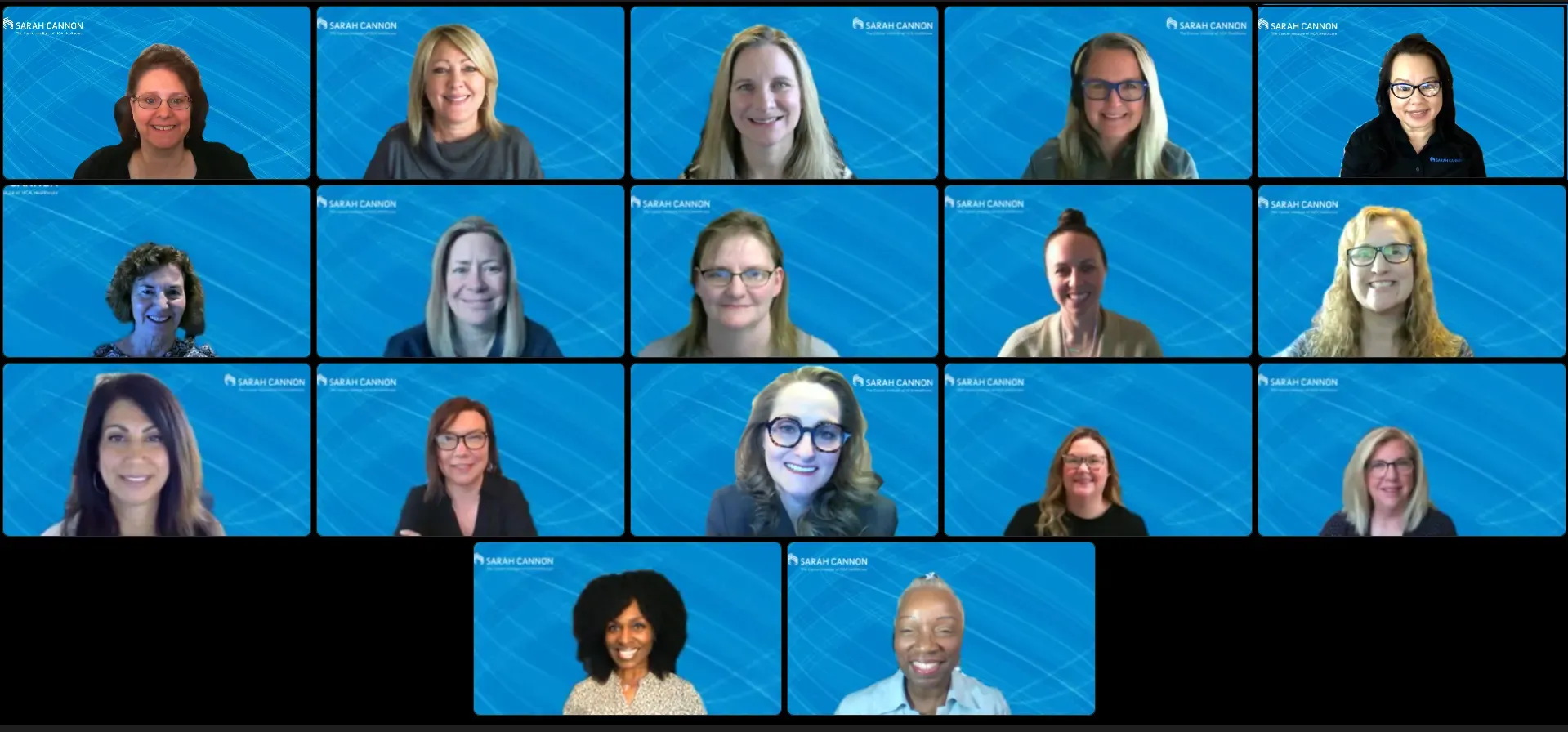
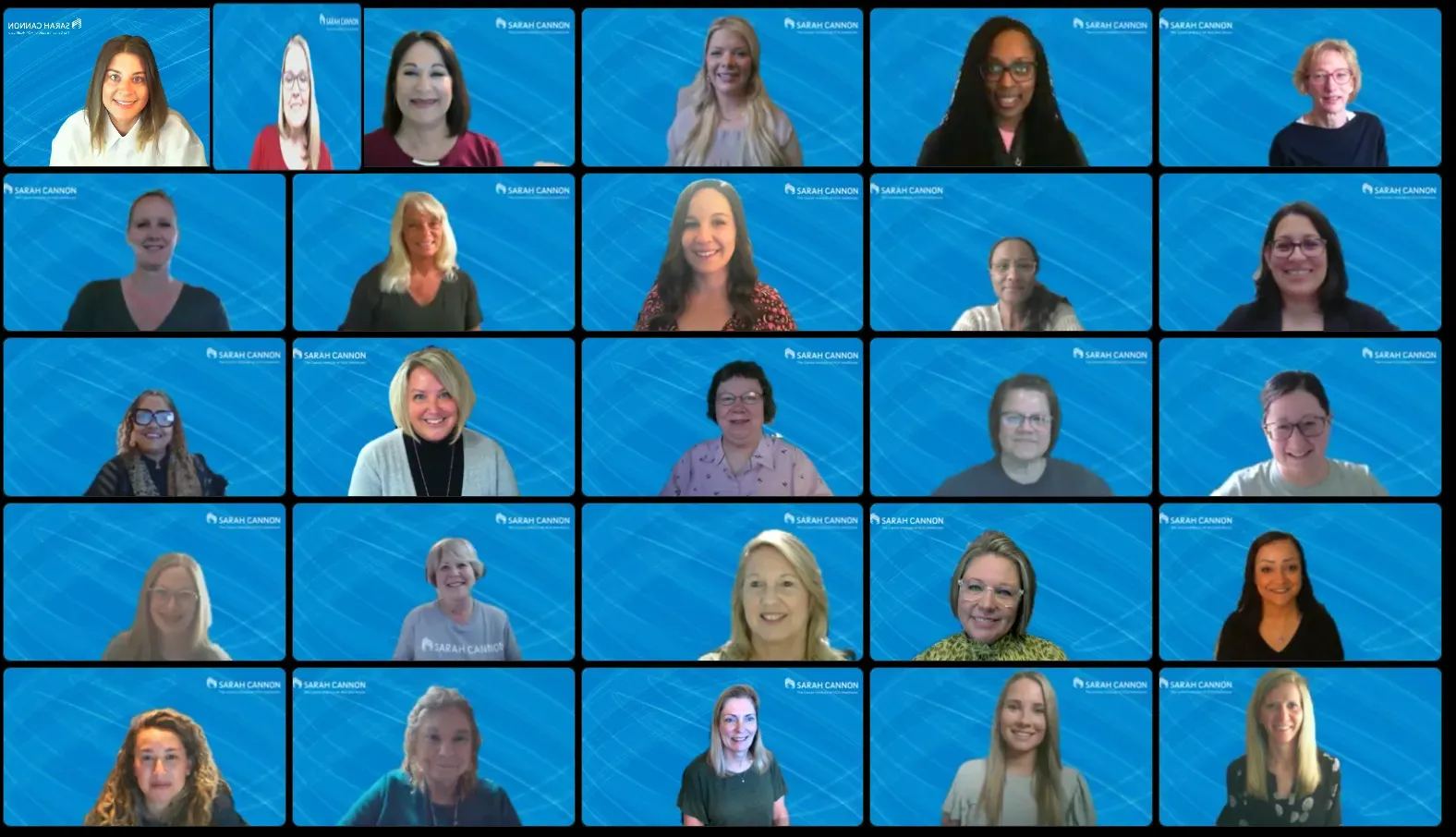




What is a cancer registry?
A cancer registry collects and combines detailed information about cancer patients and the initial treatments they receive to answer questions, such as:
- Is there a certain area of a state where women are finding out they have breast cancer at a late stage, when it’s harder to treat?
- Where will prevention efforts, like screening, have the biggest benefit?
- What groups of people are most likely to get a certain type of cancer, such as liver or skin cancer?
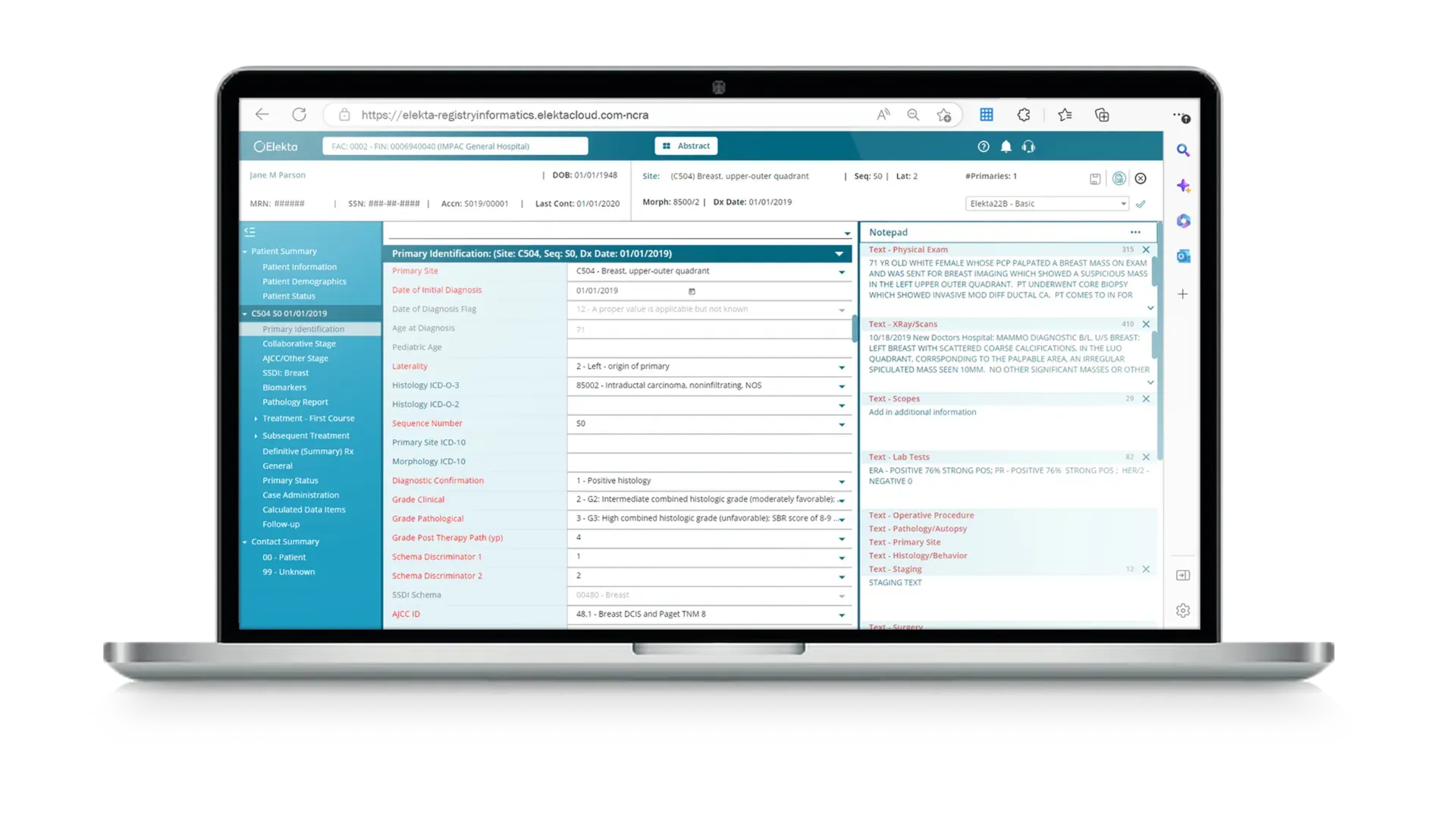
Cancer registries analyze the data collected and share the answers to these questions with other groups, like state comprehensive cancer control coalitions, which work to prevent cancer. These groups may find that some people are not getting cancer screening tests, or they are making choices that raise their chance of getting cancer. The data may also show that certain groups of people are getting cancer more than others. Cancer control groups and advocates work to address the problems identified. Then they look to cancer registries for new information to help them know if their solutions are working.
Source: https://www.cdc.gov/cancer/npcr/value/registries.htm
Elekta ONE® Registry Informatics is Elekta’s enhanced data management and analytics solution designed to drive cancer registry processes forward. Providing efficient abstracting workflows, a modern, web-based UI and multi-NAACCR versions across facilities, it offers valuable time savings, high quality data, simplified reports and enhanced data visualization.
Source: Click here to explore the enhanced capabilities of Registry Informatics.
*Oncology Data Specialist – Certified (ODS-C) is the new name for the Certified Tumor Registrar (CTR) credential.
LARONE240422
